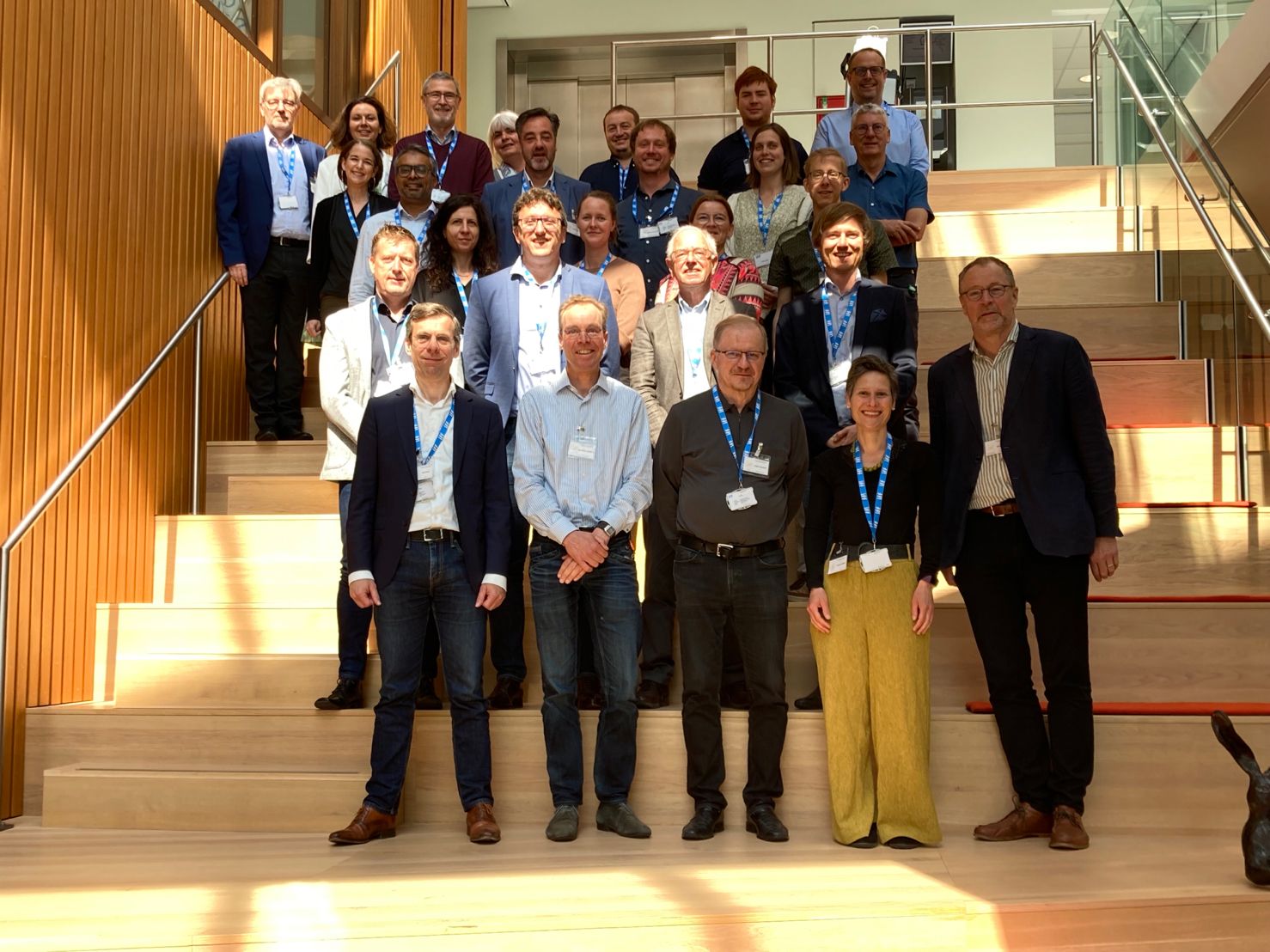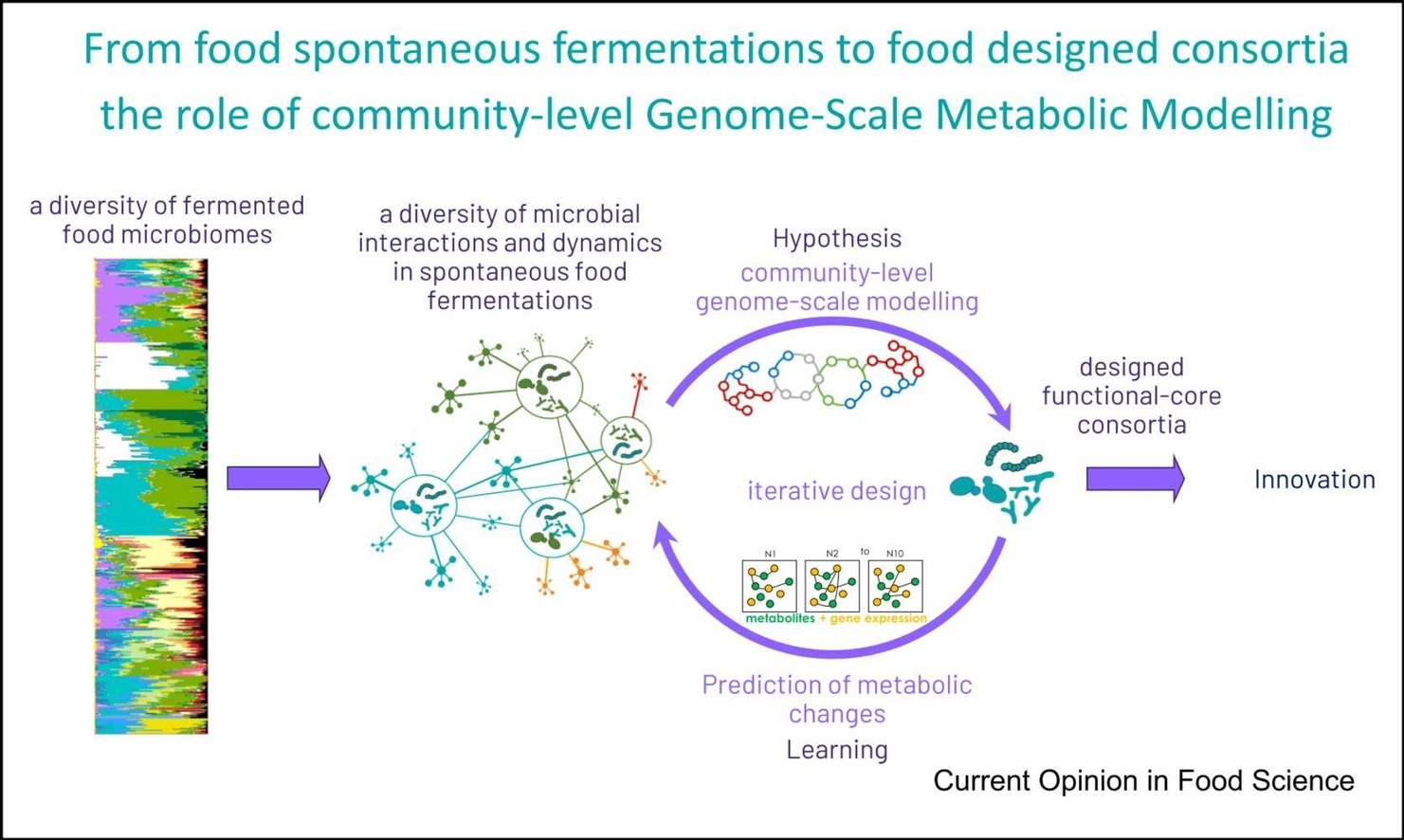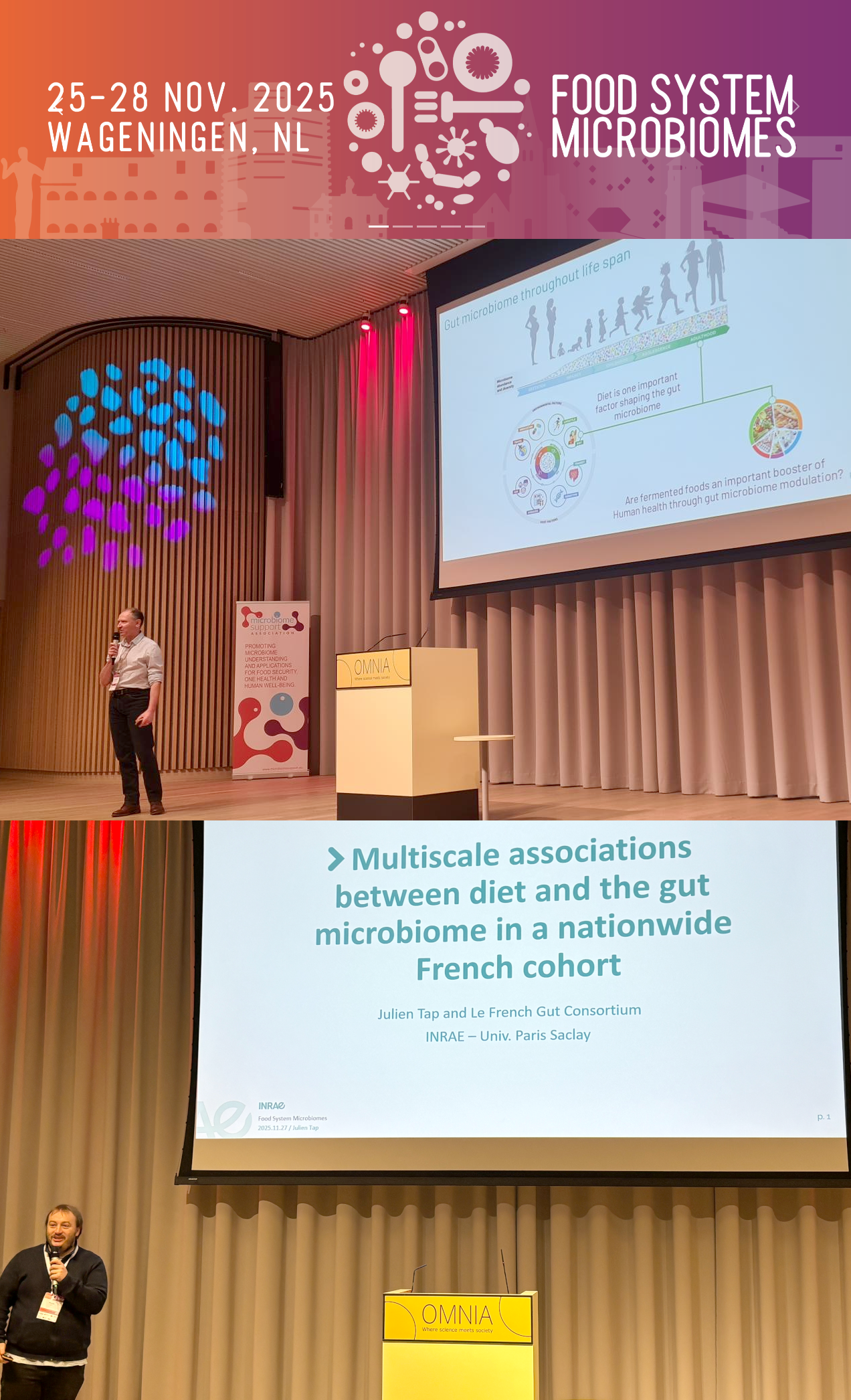Published: Jun 9, 2023 by FME Lab
In Leiden, Netherlands, 7 – 8 June 2023, the recent LABIP1 Expert Workshop on “Microbial Diversity & Health” brought together experts to explore this relationship. The workshop began with an objective to examine the impact of microbial diversity in food on health. Presentations covered topics such as the role of beneficial microbes, consequences of food processing on microbial diversity, and harnessing gut microbiome diversity.
Julien discussed how dietary habits, among other factors, can influence the symbiosis between the host and the intestinal microbiota. He shared an updated view of the human gut microbiome structural and functional landscape which can provides a conceptual framework for designing next-gen and sustainable fermented foods.

Insights into European consumers’ perception of probiotics were shared, highlighting the need for awareness. Other presentations covered the role of food microbes in shaping the human microbiome, the significance of bacteriophages, and emerging process solutions for selective inactivation of food microbes.
-
LABIP: Lactic Acid Bacteria Industrial Platform ↩


